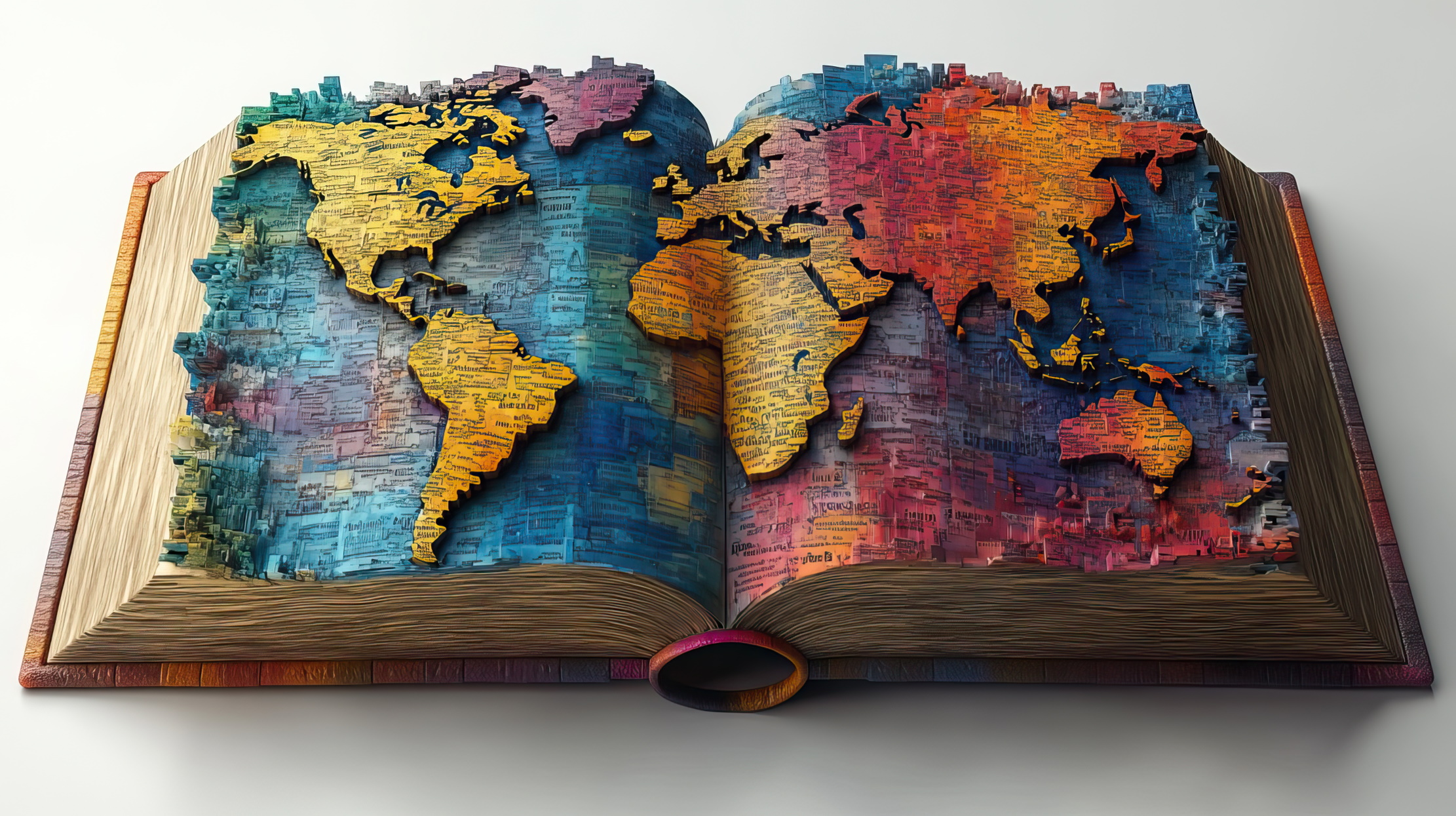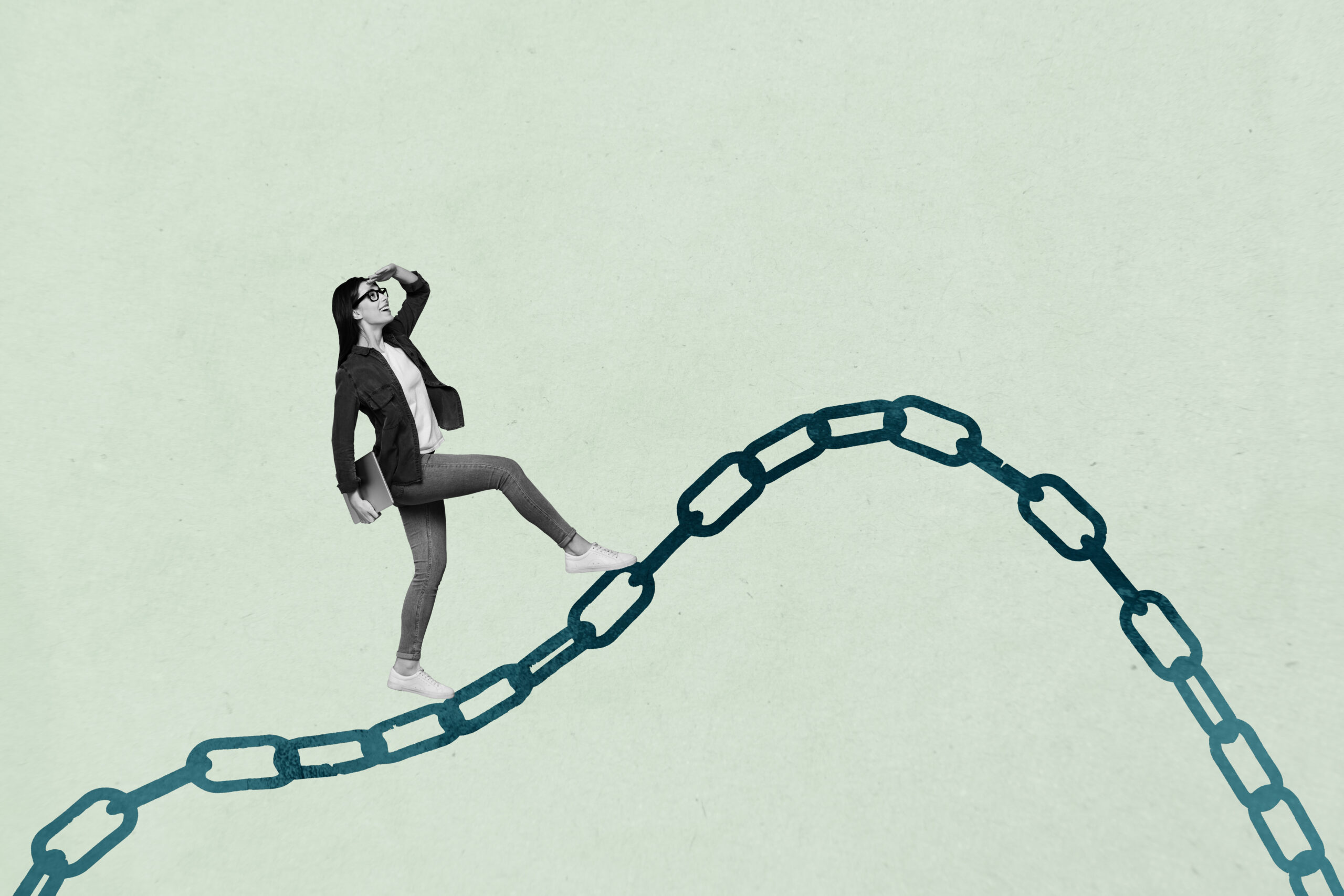Arendt’s Ethics of Otherness: Rethinking How We See Other People | Professor Andreea Deciu
Original Article Reference
This SciPod is a summary of the paper ‘Reading (with) Hannah Arendt: Aesthetic Representation for an Ethics of Alterity,’ from Humanities. https://doi.org/10.3390/h8040155
About this episode
The 20th Century philosopher Hannah Arendt grounded ethics in aesthetics because she viewed art as a way of understanding how the world appears to different people. In her recent work, Professor Andreea Deciu [day-chew] Ritivoi [ree-tee-voy] of Carnegie Mellon University highlights Arendt’s rich repertoire of literary writings, as she believes that they deserve to be considered alongside other popular ethical works. Professor Ritivoi shows how Arendt’s unique contribution identifies the obstacles facing ‘human togetherness’, so that we can find ways to overcome them.
This work is licensed under a Creative Commons Attribution 4.0 International License. 
What does this mean?
Share: You can copy and redistribute the material in any medium or format
Adapt: You can change, and build upon the material for any purpose, even commercially.
Credit: You must give appropriate credit, provide a link to the license, and indicate if changes were made.
More episodes
Dr. Angel Ford – Dr. Daniel Alemneh | Amplifying Global Voices: The Fight for Fairness in Scholarly Communication
In our increasingly interconnected world, sharing knowledge freely and fairly is crucial for ongoing development and progress. Increasing the overall size of our store of knowledge is important in dealing with the challenges we face in the modern world, but determining who can access and add to that knowledge is a key question. Prestigious academic journals and global conferences aim to help disseminate our most important discoveries and innovations, but researchers do not have equal access to such resources to promote their ideas and consequently not all voices are heard equally. Scholars from low- and middle-income countries continue to face invisible walls that limit their participation in the global exchange of ideas. This systemic imbalance is the focus of a deeply insightful study by Dr. Angel Ford of the University at Albany and Dr. Daniel Alemneh of the University of North Texas, who call for a more just and healthier scholarly communication system.
Dr Aikaterini-Christina Koula | How the law is used to silence Human Rights Defenders
Research from Dr Aikaterini-Christina Koula at Manchester Metropolitan University reveals how legal systems are increasingly being weaponized to silence human rights defenders, particularly in Europe. Her work introduces a taxonomy of violations perpetrated through the legal system and demonstrates how these tactics deviate from human rights standards, offering valuable insights for academics, practitioners, and defenders alike.
Professor Germaine A. Hoston | How Traditional Chinese Philosophy Shaped Modern Revolutionary Thought
Research from Professor Germaine A. Hoston at the University of California, San Diego, reveals how traditional Chinese philosophical idealism influenced the development of Chinese Marxism. Her findings demonstrate that despite their rejection of China’s feudal past, key Chinese Marxist theorists like Li Dazhao and Mao Zedong incorporated elements of Neo-Confucian idealism into their revolutionary philosophy. This “sinification” of Marxism drew particularly on concepts of consciousness, will, and the unity of knowledge and action from traditional Chinese thought, creating a uniquely Chinese revolutionary philosophy that challenged Soviet economic determinism.
Professor Tristan Nighswander – Professor Ariel Roddy | Mixed Signals: Employment Training Outcomes for Previously Incarcerated Individuals
Research from Professors Tristan Nighswander and Ariel Roddy at Northern Arizona University examines the effects of pre-employment training on employment outcomes for previously incarcerated individuals through the lens of two economic theories. Their findings reveal that while training significantly improves employment outcomes for the general population, it shows no meaningful benefit for those with incarceration histories. Even more surprisingly, high-ability individuals (defined through scores on an aptitude test called the Armed Forces Qualification Test, or the AFQT) with past incarceration may actually experience negative employment effects. This highlights the complex challenges of societal re-entry.
Increase the impact of your research
• Good science communication helps people make informed decisions and motivates them to take appropriate and affirmative action.
• Good science communication encourages everyday people to be scientifically literate so that they can analyse the integrity and legitimacy of information.
• Good science communication encourages people into STEM-related fields of study and employment.
• Good public science communication fosters a community around research that includes both members of the public, policymakers and scientists.
• In a recent survey, 75% of people suggested they would prefer to listen to an interesting story than read it.

Step 1 Upload your science paper
Step 2 SciPod script written
Step 3 Voice audio recorded
Step 4 SciPod published




